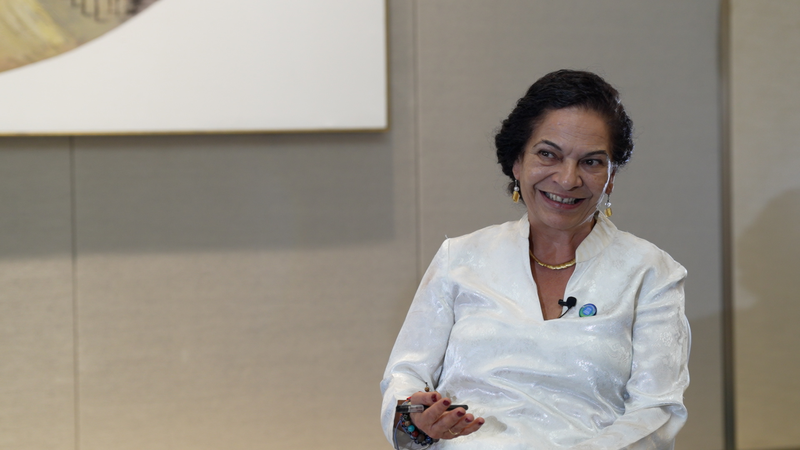With the UN Climate Summit kicking off on September 24, global attention is on concrete, science-backed actions for a sustainable future. While policymakers debate, UNESCO is already working on the ground.
At the recent World Congress of Biosphere Reserves, Lidia Brito, UNESCO’s Assistant Director-General for Natural Sciences, took us inside UNESCO’s living laboratories: biosphere reserves that blend human communities and ecosystems in harmony.
“These reserves gather essential data on shifting water cycles, rising temperatures, and species loss,” Brito explains. “By studying real-world changes, we can develop adaptable strategies that communities can implement today.”
From community-led water management in arid zones to restoring coastal wetlands, biosphere reserves are piloting solutions that scale across borders. Brito stresses that no single country holds the key: “Climate change ignores political lines. International cooperation is our only path forward.”
Beyond high-level pledges, UNESCO’s approach shows how targeted, science-driven initiatives can help people adjust to a warmer world—securing clean water, safeguarding biodiversity, and improving resilience for future generations.
As the summit demands a clear roadmap, UNESCO’s ground-level insights remind us that the building blocks of a sustainable future already exist—they just need global support to flourish.
Reference(s):
Beyond politics: How UNESCO solves climate change at ground level
cgtn.com




